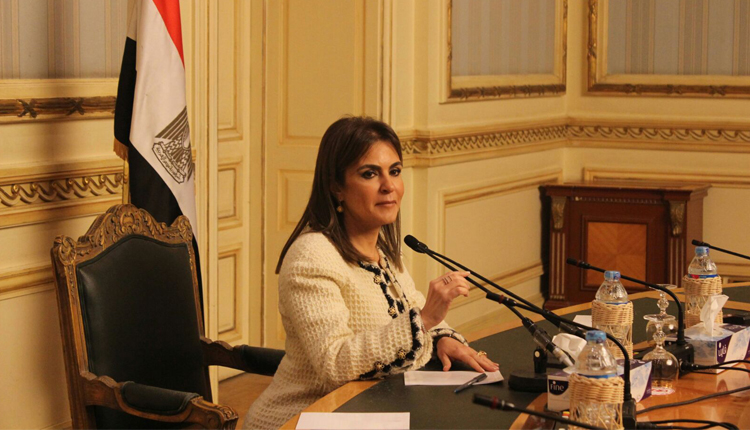Egypt and Korea tackled several fields of cooperation and promoted the huge projects and available investment opportunities in Egypt, especially in Suez Canal Economic Zone (Sczone).
This came during the meeting held between Egypt’s Minister of Investment Sahar Nasr, Minister of Finance Mohamed Ma’it and CEO of Korea Export-Import Bank (Korea Eximbank) Sung-soo Eun during their visit to the Korean capital Seoul.
The discussions were held within the framework of Korean keenness to invest in the feeding industry and cars industry as the Korean side has signed an agreement to support the project of supplying and manufacturing 33 trains for the Cairo Metro Third Line’s third and fourth phases worth $275 million.
The statement clarified that it also came as part of the activation of the $3 billion framework agreement signed between Egypt and the bank during the visit of President Abdel Fatah al-Sisi to South Korea.
The Egyptian side offered to direct part of this agreement to support the small and medium enterprises sector in Egypt. The Korean side expressed its readiness to finance this sector in Egypt.
For his part, Eun praised the latest legislative reforms in Egypt, which make the environment suitable for Korean and Asian companies to inject new investments in Egypt, stressing that the bank will support Egypt in a number of projects during the coming period, and contribute to the huge national projects that have been implemented, such as the development of the Suez Canal and the New Administrative Capital.
Nasr referred to a number of priority projects for the government, which she wished to implement within the budget allocated by the Bank of Import and Export of Korea worth $3 billion; these projects are mainly small and medium enterprises and labor-intensive projects.
Chairman of the Suez Canal Authority Mohab Mamish discussed cooperation with the bank in supporting the small and medium industries and the industries that feed the automobile industry within the economic zone. He also reviewed the cooperation aspects of the shipbuilding industry. During the meeting, Mamish praised the bank’s efforts to promote investment opportunities in Egypt.
In a following step, the ministers visited Hyundai Group, where they discussed the group’s investment in Egypt.
The company’s officials stressed the importance of the Egyptian market, which is currently one of the largest markets in the Middle East and Africa, and the ease of access of manufactured products to the regional and international markets.
This encourages the officials to invest in the Egyptian market and to settle the new technological industries in the country, which is consistent with the company’s approach.
Nasr also reviewed the guarantees and incentives that the investment law offers to investors; she also highlighted the investment opportunities in the fields of infrastructure, energy, transportation and cars.
